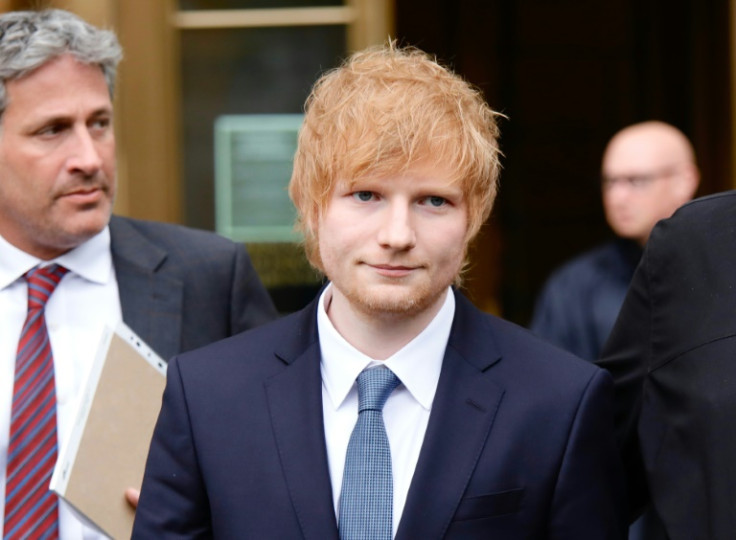Ed Sheeran Copyright Case Dismissed: Supreme Court Sides with Singer in 'Let's Get It On' Marvin Gaye Legal Fight
Ed Sheeran wins copyright case as U.S. Supreme Court declines appeal

Ed Sheeran has emerged victorious in a long-running copyright dispute after the US Supreme Court declined to hear a case accusing him of copying Marvin Gaye's 1973 hit Let's Get It On.
The court's decision, issued on 16 June 2025, means earlier rulings in Sheeran's favour will stand, effectively ending the legal battle.
Thinking Out Loud vs Let's Get It On
The lawsuit was initiated by Structured Asset Sales (SAS), which owns a portion of the rights to Gaye's soul classic. The company alleged that Sheeran's 2014 ballad Thinking Out Loud unlawfully borrowed core musical elements — including chord progression, rhythm and harmony — from Gaye's track.
Judges in earlier proceedings rejected the claim. In 2023, a New York District Court ruled that the similarities identified were based on musical conventions common in the pop and soul genres. That judgment was upheld in 2024 by a US appeals court, which concluded the material in question was too generic to merit copyright protection.
Sheeran Defended His Craft
In a related but separate trial, Sheeran faced a similar lawsuit brought by the family of Ed Townsend, Gaye's co-writer. During the trial, Sheeran personally defended his songwriting, taking the witness stand and playing the guitar to illustrate how Thinking Out Loud was composed alongside collaborator Amy Wadge.
The jury ruled in Sheeran's favour, further reinforcing the view that the song was written independently and not plagiarised. With the Supreme Court's refusal to review the SAS case, all appeals relating to the composition are now closed.
Emotional and Financial Toll
Although Sheeran welcomed the ruling, he acknowledged the heavy toll the legal process had taken. He previously described feeling like a 'piggy bank with a target on it' and expressed concern about the increasing number of opportunistic copyright lawsuits in the music industry.
The singer-songwriter has called for reforms to better protect artists who use widely accepted musical building blocks such as chord patterns and rhythmic phrasing. According to Sheeran, restricting access to these fundamental tools could stifle creativity and undermine music as a shared art form.
Broader Implications for the Music Industry
Legal experts and musicians alike view the outcome as a pivotal moment in copyright law. The decision reaffirms that common musical frameworks — particularly those frequently used across genres — cannot be monopolised by a single artist or estate.
The ruling sets a critical precedent for future copyright disputes. Plaintiffs will now face a higher bar when attempting to claim ownership over widely used musical structures, unless there is clear and substantial evidence of direct copying.
Songwriters across the industry have welcomed the verdict, seeing it as a necessary safeguard for artistic freedom and a blow against legal actions that hinge on musical similarities lacking originality.
Another Case Still Pending
Despite this legal victory, Sheeran may not be finished with court proceedings. SAS has filed another lawsuit — this time targeting the sound recording of Let's Get It On, rather than its composition. That case remains active and could raise new legal questions regarding the protection of recorded material under copyright law.
Moving Forward
For now, Sheeran can take solace in the fact that Thinking Out Loud has passed legal scrutiny on multiple fronts. The case's outcome not only clears his name but also reinforces the boundaries of copyright in popular music.
© Copyright IBTimes 2025. All rights reserved.




















